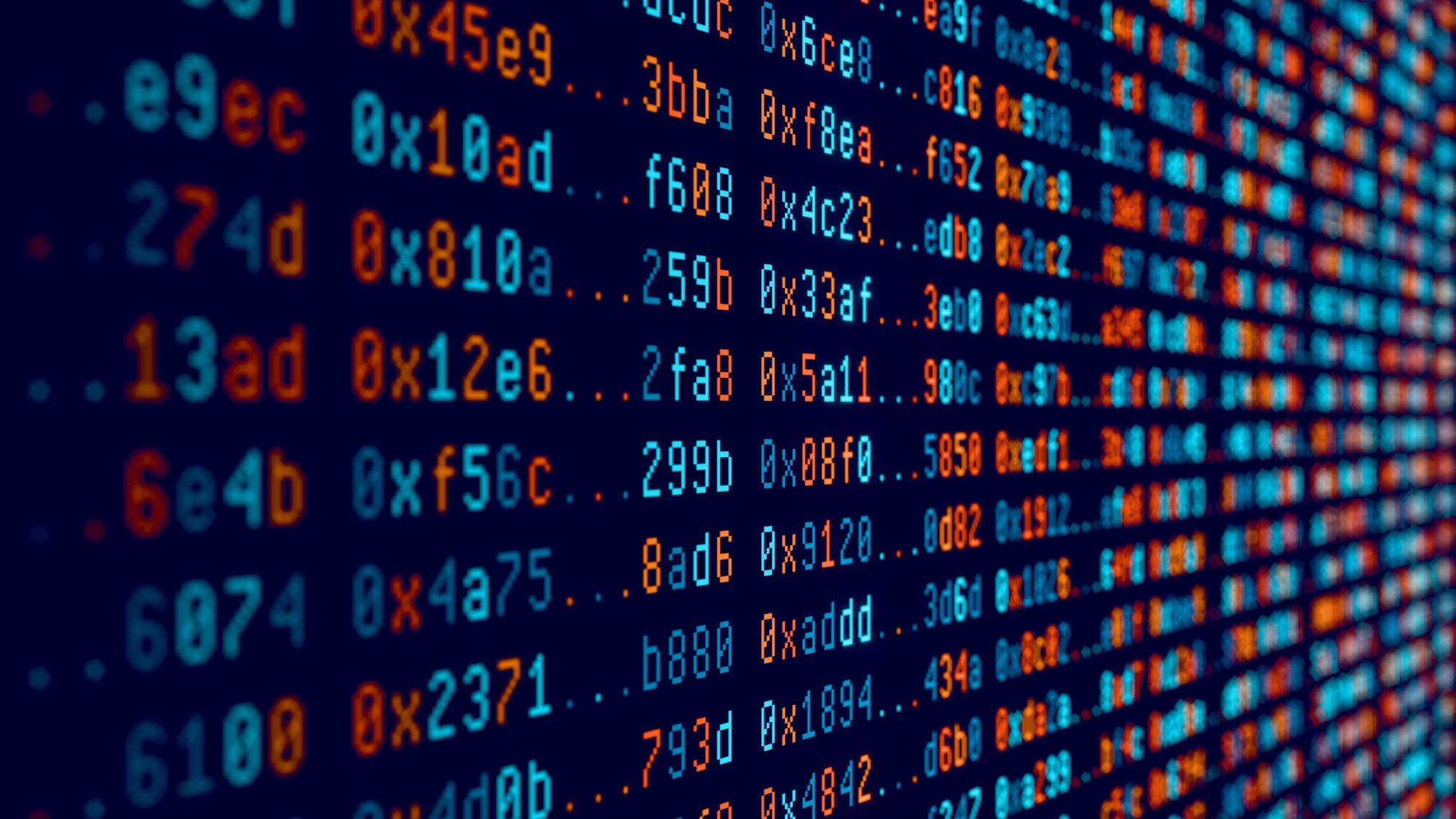Enterprising Developer Creates x86 CPU Emulator in Plain CSS - No JavaScript Required
In a remarkable feat of innovation, Lyra Rebane has successfully written an x86 CPU emulator using plain CSS, without relying on JavaScript or any other external libraries. This achievement not only showcases the versatility of modern web development but also highlights the potential for CSS to be used as a programming language.
Rebane's x86css emulator uses contemporary implementations of the stylesheet language to emulate an x86 processor, complete with a basic display and keypad, preinstalled programs, and even compilation capabilities using the gcc-ia16 compiler. While the emulator is missing key functionality like interrupt handling and block-operation instructions, it demonstrates a remarkable understanding of computer architecture and software development.
One of the most intriguing aspects of this project is the fact that Rebane did not use any AI bot assistance or vibe-coding to create the emulator. Instead, she relied on her own out-of-the-box thinking and creativity to leverage the power of CSS as a programming language. As she points out, even AI-powered tools may struggle to replicate such an achievement, highlighting the importance of human ingenuity in software development.
The implications of this project are far-reaching, with some developers wondering if it could potentially become a serious attack vector for malicious actors. However, Rebane's efforts suggest that such concerns are unlikely, given the complexity and creativity required to build the emulator from scratch.
In conclusion, Lyra Rebane's x86css emulator is an inspiring example of what can be achieved through innovative thinking and technical expertise. As we continue to push the boundaries of web development and software engineering, projects like this remind us that even the most unlikely technologies can be repurposed for groundbreaking applications.
Key Facts:
* Lyra Rebane created an x86 CPU emulator using plain CSS without relying on JavaScript or any other external libraries. * The emulator features a basic display and keypad, preinstalled programs, and compilation capabilities using the gcc-ia16 compiler. * The project relies on contemporary implementations of the stylesheet language to emulate an x86 processor. * Rebane did not use AI bot assistance or vibe-coding to create the emulator, demonstrating her own out-of-the-box thinking and creativity.
Sources:
* Lyra Rebane's GitHub repository for the x86css emulator: [insert link] * Jane Ori's CSS CPU Hack: [insert link]
Related Articles:
* The Evolution of Web Development: From HTML to CSS and Beyond * The Power of CSS: Leveraging Stylesheets as a Programming Language
Stay up-to-date with the latest news and trends in cybersecurity, hacking, and software development by following Tom's Hardware on Google News or adding us as a preferred source.
